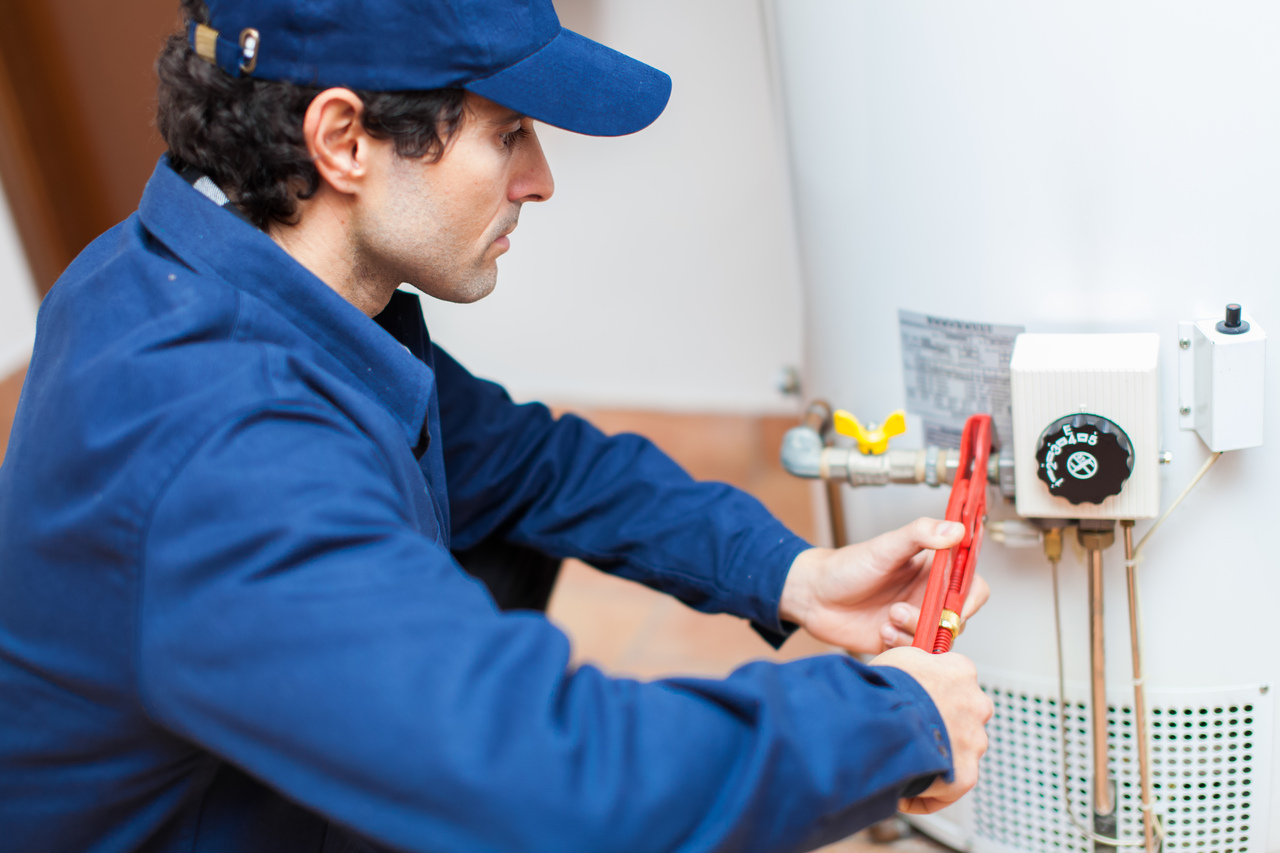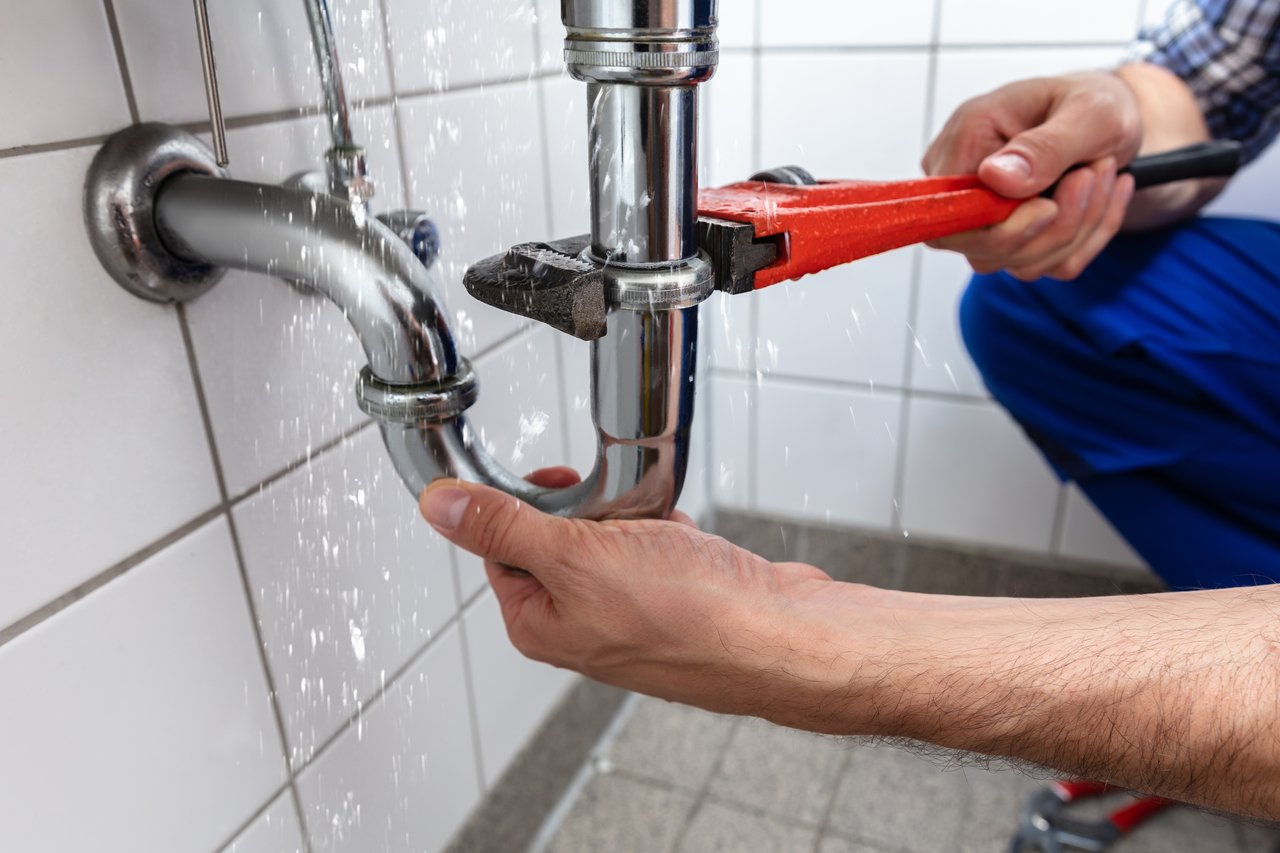Quick! Where is your water heater? Chances are you probably don’t know, as long as you’re getting hot water without any issues. However, like any other appliance in your home, water heaters can get less reliable the older they get. If and when a water heater fails, it can be a costly and time-consuming ordeal. If you’re uncertain of the state of your water heater, search the internet for professionals who can inspect your water heater for any issues.
In the meantime, if you’re curious what to look for, there are some signs to look out for that might spell trouble for your water heater. Some signs might point to repairs, while others might require a full replacement. If that’s the case, search online for local experts who provide full water heater replacements.
Here are some helpful tips and signs to consider if you’re wondering if your water heater is in trouble or is working properly.
Check Your Utility Bill
When water heaters age, their efficiency decreases. The first sign of this could potentially be seen through your monthly utility bills. If your water has to use more power to heat your water, this could be seen through a higher-than-average bill. You can look back through your monthly statements and see if there’s a pattern of increased usage.
There could be many reasons for the lack of performance of your water heater, with sediment buildup being a leading cause of lowered efficiency and increased cost. Whatever the case, you don’t need to have a technical background to look at your utility bill to see if something is off.
Confirm the Age of Your Water Heater
If you don’t already know it, it might be good to know how old your water heater is. Time is the main enemy of frequently used appliances, and knowing when your water heater was installed will guide your decisions accordingly.
The life expectancy of water heaters is usually between 8 and 12 years. This will vary depending on where in the house the unit was installed and how frequently it is being maintained. The 10-year mark is typically when issues start to arise, the constant use and strain on appliances causing issues both seen and unseen.
As a best practice, if your water heater is at or near its 10th year of use, it might be time to search for a repair person or begin planning for a newer unit.
Examine Your Water Heater for Signs of Damage
After you’ve exhausted other ways to determine if your water heater is damaged or needs to be replaced, using your senses is the next best option. Often when a water heater is getting old enough for a replacement or is acting up, there will be visible or audible signs that confirm this. Take the following four examples of what could be signs of a damaged water heater.
Listen for Loud Noises
Another sign of a declining water heater is if it makes loud noises like knocking, gurgling, or rumbling. This could point to sediment buildup inside the water heater, the hard particles causing knocking noises as they get pushed around. If it sounds like something other than water is in the water heater, this points to a larger problem.
Look for Cracks or Small Holes
Do a physical examination of the exterior of the water heater to see if there are any cracks or small holes. As a water heater ages, the metal can become more brittle, making it more susceptible to damage and threatening the integrity of the water inside. Cracks and minor openings in the metal exterior can compromise the metal, exposing the water to harmful substances.
Beware of Leaks
Water pooling at the base of your water heater is a sure sign that something is wrong. Additionally, if there are any signs of rust or water corrosion on the exterior, this means that water has escaped the tank at some point, even if there is no water on the floor. If you see any signs of water damage, the water heater will need to be replaced immediately.
Inspect the Temperature and Color of the Water
One of the last things you can do to determine the health and efficiency of your water heater is to test the temperature of the water. By turning on the hot water in different faucets around your home, you can see if there’s any difference. Is it taking longer to heat up than it normally does? Are there certain rooms where the water temperature isn’t as hot? These are simple signs to tell if your water heater isn’t as efficient as it used to be.
It’s also helpful to check the water inside the appliance as well. By opening up the water heater and inspecting the water inside, you can check for any rusty water or murky color. This is a sign that the water heater is failing from the inside out, and may spring a leak or fail altogether.
Book a Professional Check-Up
If you’ve done all the above and still aren’t certain there’s an issue, then hire someone who’s an expert in water heaters. Search online to find a local professional who can inspect your water heater and provide expert advice on what you should do. This will take away any doubt you might have. Though it is more expensive than a self-examination, you can have peace of mind knowing that whatever answer you get is back by years of expertise.
Even if you don’t see an issue with your water heater, it’s still valuable to search for a local expert to provide an assessment. They can help with new installations or provide recommendations on types of water heaters for your needs. In the long run, this can save more on utility bills and potential water damage than whatever nominal fee they charge.








